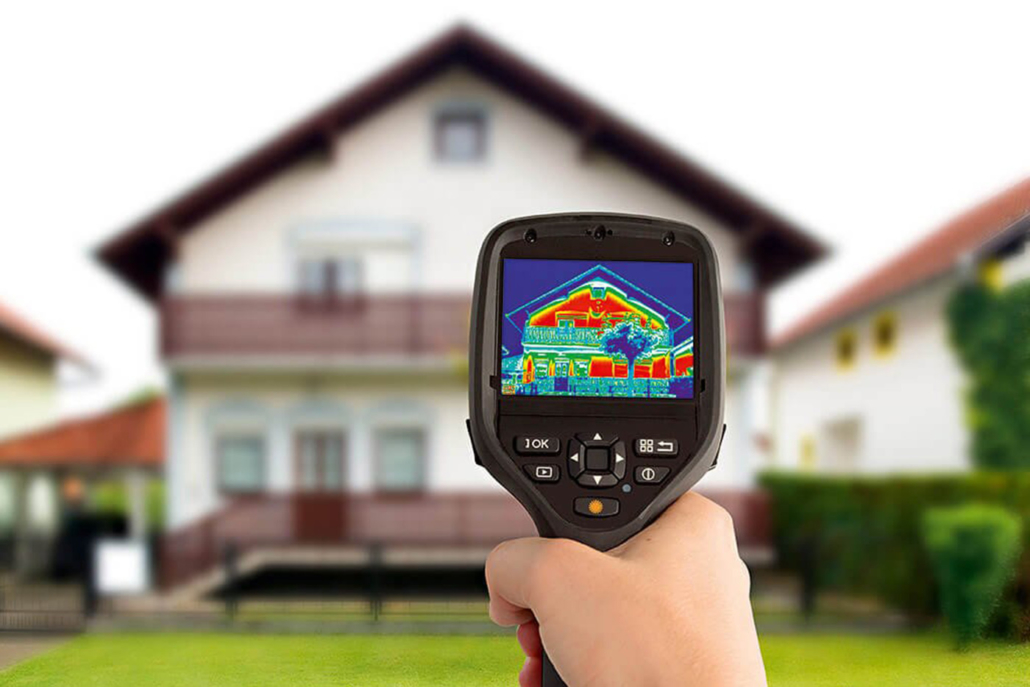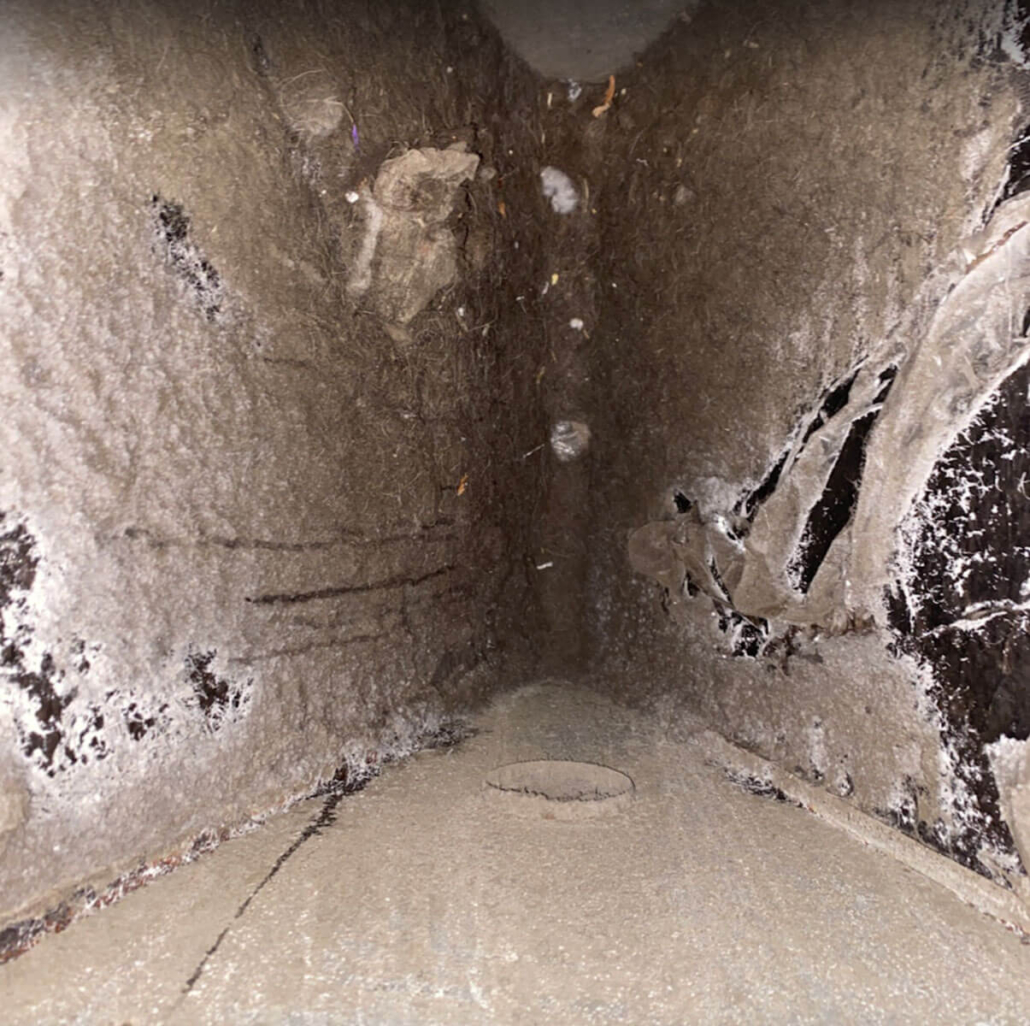Here’s something not many homeowners know: their HVAC (heating, ventilation, and air conditioning) accounts for as much as 48% of their monthly energy bill. During winter and summer, the monthly energy bills can climb even higher as the HVAC system gets used more often.
Fortunately, even if the HVAC system is the primary energy guzzler at home, there is no shortage of energy-saving options available. Now you don’t have to choose between staying comfortable and saving money. Below are some of the effective ways you can reduce your HVAC energy costs and your energy bill:
Use a Smart Thermostat
If you are considering a thermostat replacement, using a programmable smart thermostat would be a good place to start. Their ability to consume less energy when no one is at home makes them an ideal choice.
As soon as you set a schedule, key in the desired temperature, and make the needed adjustments, you can keep the temperature low in order to save on energy.
Smart thermostats bearing the ENERGY STAR label can help you save as much as 8% on your heating and cooling bills. You can also save more depending on a few factors such as the climate and the HVAC equipment used, among others.
Look for Air Leaks and Fix Them
To help reduce your HVAC costs, look for gaps, cracks, and holes in certain areas of your home as they will allow cooled and heated air to escape. We find theses on almost every home we inspect. Apart from wasting energy, leaks can also result in moisture and other problems with indoor air quality.
To significantly cut your cooling and heating costs and improve indoor air quality, make sure you air seal your home using weatherstripping or caulk.

Create an HVAC Zoning System
When the HVAC system is on, there is a possibility that it will also heat or cool other areas of your home that are seldom occupied, like a second story during the day. When there is no one on the second floor, but it’s still getting heated and cooled, you are wasting energy and money.
To stop cooling or heating your second floor unnecessarily, it is recommended that you set up an HVAC zoning system at home. To do this, you will need to install multiple thermostats in different areas of your home.
You will also need a control panel and dampers for your ductwork. Once everything is up and running, you can easily regulate both the temperature and the airflow in specific areas or zones of your house.
Use Your Curtains Accordingly
Blinds, drapes, curtains, and other window accessories will not only contribute to the visual appeal of a home, they can also be effective instruments of energy efficiency. Window accessories can effectively reduce the loss of energy through the windows. And that’s just for starters.
During the winter, it is ideal to keep your curtains, blinds, etc. open to let the heat of the sun in. This can help ensure your heating system won’t have to work double-time. In the evening, keep the drapes closed to keep the heat in.
During the scorching summer months, close your curtains, blinds, etc. to keep the sun out while your HVAC system runs. This is also helpful to ensure your air conditioning unit won’t have to work extra hard to keep the inside of your house cool.
Replace Your Air Filter Regularly
One of the most important components that can help ensure your HVAC system runs smoothly is the air filter. The air filter works by preventing allergens, dust particles, and pet dander from circulating in your home and polluting your air quality. You wouldn’t believe how many dirty air filters show up in our home inspection reports.
It is essential to keep in mind that it can severely impact your airflow at home when debris and dust accumulates over time. When the filter is clogged, the HVAC system will be forced to work harder to keep everyone comfortable.
Understandably, when your HVAC system works extra hard, it will also consume more energy. Check your filters monthly and replace or clean them as soon as needed. Having your system serviced at least once a year (preferably twice a year) is also highly recommended. Doing so will help ensure that your HVAC system maintains optimal airflow.

The dirtiest HVAC coil we’ve ever seen
Replace Your HVAC System
In some instances, the reduced efficiency of the HVAC system can be attributed to the system itself. This is especially true if you are using an old model. Typically, HVAC systems can last for 15 years. However, some brands claim to last as long as 25 years.
Unfortunately, as the system gets older, regular wear and tear can significantly impact its efficiency. As expected, aging units tend to be less efficient. Not only that, they also tend to consume more energy.
On the other hand, new HVAC models are known to be more efficient. For starters, the Seasonal Energy Efficiency Ratio (SEER) rating of modern units is way higher compared to older models. The higher the SEER rating, the more efficient the unit is.
While replacing the HVAC system is not the most cost-effective option, the energy savings it brings may make it worthwhile in the long run.
Final Thought
It is reassuring to know there are many ways you can significantly reduce your HVAC energy costs and lower your energy bill. The tips laid out above should get your energy and money-saving efforts off to a superb start.
Call or Email Us Today!
Buying or selling a home in the Jacksonville FL area? Our detailed home inspection consists of a thorough examination of all systems and components of the home. See one of our sample home inspection reports and read our 5-star home inspection Jacksonville FL reviews. We’re always here to answer any questions, whether it’s weeks, months or years after your home inspection. Let our local, Jacksonville FL home inspectors help you make an informed decision.
Bold City Home Inspections provides home inspection services to all of Duval, St. Johns, Clay and Nassau counties. Click the button below for a FREE, no-obligation home inspection quote:
Comments are closed.
Navigation
Business Information
Atlantic Beach, FL 32233
Hours:
Mon – Fri 8am – 6pm
Sat – Sun 8am – 3pm
Home Inspector Proudly Serving:
Home Inspector Blog
- Common Home Inspection Findings in Homes Built Before 1950
- Benefits of Air Quality Testing
- Things to Look for When Touring a Home
- How Long do Asphalt Roof Shingles Actually Last?
- How Long Does a Home Inspection Take?
- Top Tips to Reduce HVAC Energy Costs and Lower Your Energy Bill
- A Basic Guide to Swimming Pool Leaks for Pool Owners





I agree that you should get a contractor to do inspections so that you have optimal airflow. I need to get the condenser coils of my unit replaced. Right now they are corroded.